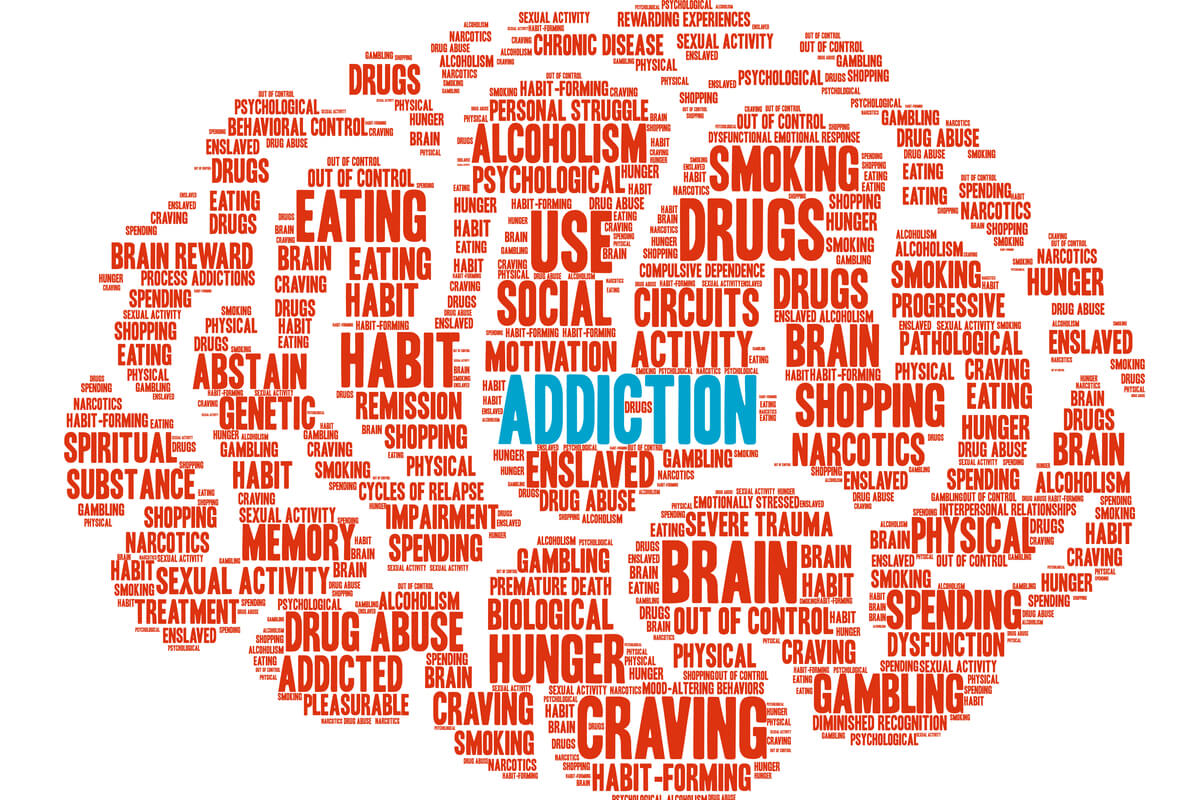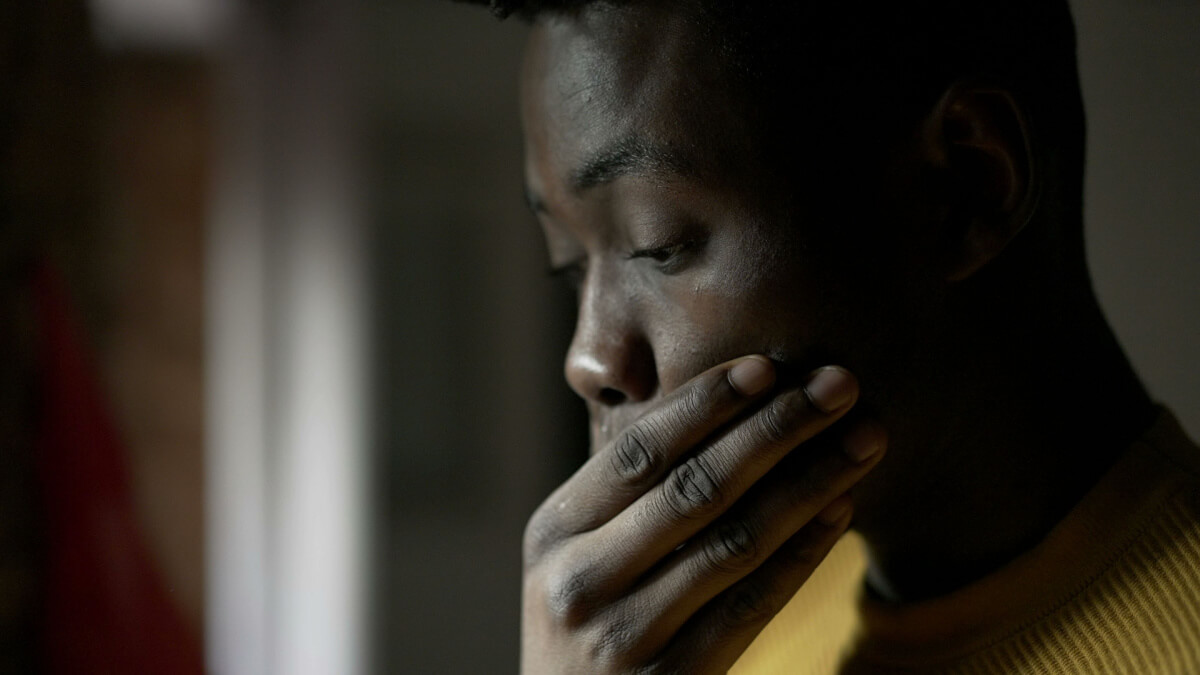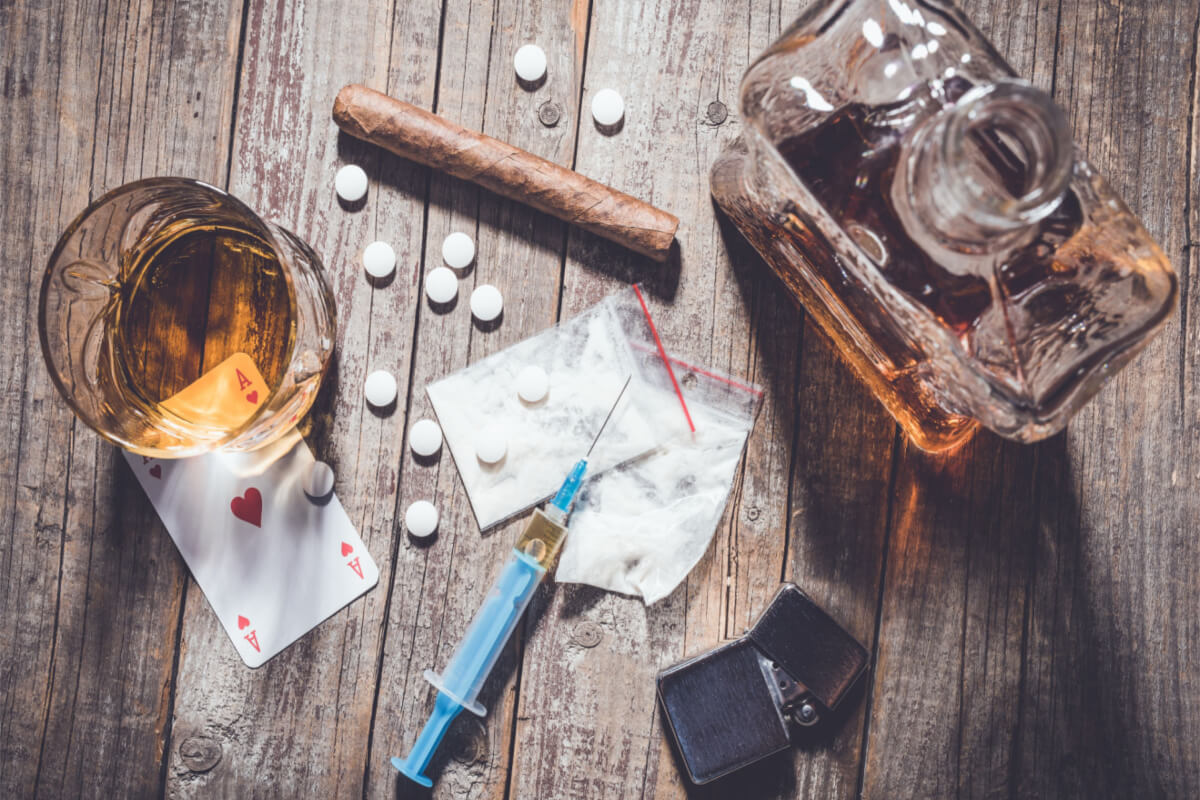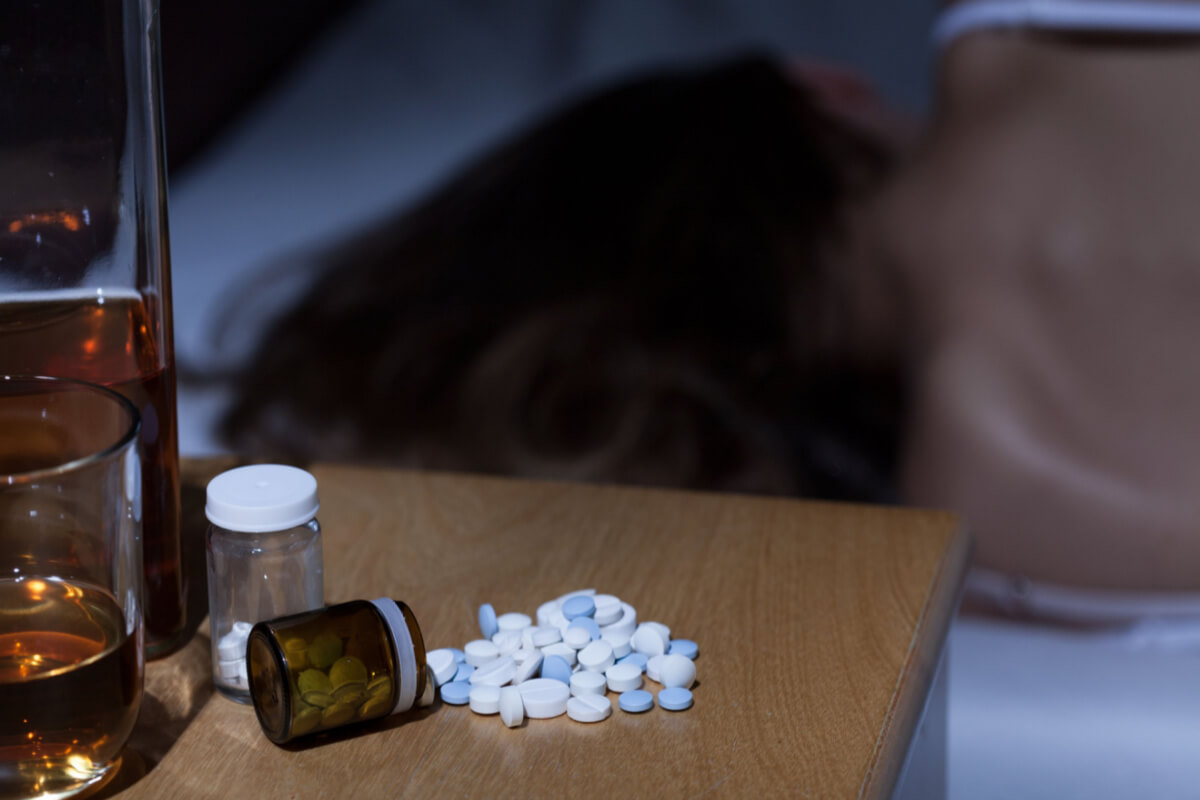
Families can be impacted by substance use disorder (SUD) in many different ways. Addiction challenges not only the person directly struggling with SUD, but those around them as well.
For that person’s loved ones, it can be challenging emotionally, resulting in strained relationships. While under this stress, family members often adopt particular roles without fully realizing it, engaging in certain habits to cope with their loved one’s SUD.
Common Family Roles in Addiction
The following are some common roles family members might play when their loved one is dealing with SUD.[1,3,5] It should be noted that an individual won’t always neatly fall into one of these roles, however.
The Person With SUD
This is the person playing the central role in a family’s struggles with SUD. This is an individual struggling with misuse of one or more substances and around whom the other roles in the family will typically revolve. The severity of their SUD and their willingness to admit they have a problem will often be a major contributor to a family’s mental well-being and their ability to begin healing from the damage the SUD caused.
The Enabler
An enabler is an individual who (intentionally or not) enables an SUD, contributing to a person’s continued use of drugs.[4] They often ignore problematic patterns of behavior that a person struggling with SUD engages in (such as criminal activity) and may even directly help them acquire drugs, either by giving them money with which to purchase drugs or outright buying the drugs themselves.
Oftentimes, an enabler has genuine empathy for a person struggling with SUD but doesn’t know how to help. Rather than helping a person who is addicted to drugs to confront their issues, they tolerate and encourage destructive behaviors.
The Hero
An individual playing the hero role is one who takes on excessive responsibilities in an attempt to compensate for a family member’s inability to fully contribute to a family’s needs. They may financially contribute to the family’s expenses beyond what is reasonable, regularly work around the house to clean up messes that aren’t theirs, or otherwise accept burdens that should likely be, at least in part, someone else’s responsibility.
This individual may view it as their personal responsibility to keep a family functional. They take on an immense amount of pressure and stress as a result.
The Scapegoat
Scapegoats are individuals who engage in problematic behavior that diverts attention from a family member’s addiction. How actively they realize this is what they’re doing can vary, but the individual may act extreme, vulgar or even criminally, so there is a greater focus on them than on an individual struggling with SUD.
Why they do this can also vary. Some might be seeking attention that they feel they can’t otherwise get. Others might be embarrassed by the behavior of the person with SUD, so they want to pull attention off the individual.
The Lost Child
This is someone who withdraws from a family’s issues, isolating themselves so they don’t have to confront the problematic behaviors one or more of their family members engage in. They may struggle with feelings of loneliness, as their isolating behaviors mean they may rarely be able to connect with and speak with other members of the family.
They essentially cut themselves off from their family as a survival mechanism. However, in doing so, they also remove what is often a valuable system of emotional support.
The Mascot
A person in this role often uses humor and lighthearted conversation in an attempt to deflect from addiction-related problems in the family. Their behavior involves pivoting conversation away from SUD, even when confrontation or deep conversation may be necessary to begin healing, distracting themselves and their family from the realities of a person’s SUD.
An individual in this role may be stuck between feeling it is their job to diffuse difficult situations and an inability to allow necessary conversations to happen.
Breaking the Cycle of Family Roles
It’s important to recognize and address the roles discussed above. While not all of the above roles are equally destructive, they all can contribute to a family dynamic where a family is trapped in a sort of stasis. One or more family members are dealing with SUD, while the others are affected by that SUD and suffer without actively taking steps to encourage recovery.
In this situation, every family member should strongly consider therapy and counseling to cope with the effects of addiction in a loved one. Individual therapy can help a person to develop healthy coping skills. Family therapy can confront complicated family dynamics involving multiple individuals, especially when those individuals all want things to get better and know something is wrong, even if they can’t fully articulate everything that is wrong.
It’s important to admit there is a problem, and a family member needs help. Each member of the family needs to identify how they might be contributing to the problem.
Individual Roles
The steps to start breaking a destructive cycle will depend on the role one is playing in a family. For a person with SUD, this means seeking out professional addiction recovery and trying to stop substance misuse.
For an enabler, this means changing your pattern of behavior, so you stop feeding your loved one’s substance misuse. For a hero, this can mean standing up for yourself and not allowing yourself to overly suffer for the consequences of someone else’s actions.
Scapegoats and mascots may have to admit their family has a serious problem that needs to be directly confronted rather than avoided and distracted from. For a lost child, you might seek emotional support from other healthy places, like friends, treatment professionals or trusted colleagues.
Seeking Help & Support
The following are two ways to seek support if you believe you or your family members may fit into the destructive roles described above:
Family Therapy
Family therapy is a form of group therapy where multiple members of a family talk to a mental health professional together to start engaging in healthy dialogue with each other and develop a healthier family dynamic.[1] The mental health professional guides conversation, so it stays productive and helps a family face its issues.
The therapist can also teach members of the family ways to cope and process difficult elements of their family dynamic and their personal history with each other, often with a heavy focus on replacing destructive patterns of behavior with healthier ones.[1]
Support Groups
Many support groups are designed to help family members of those with SUD. These groups can help a person connect with other individuals who can better understand what they’re going through, offering advice and support that can be difficult to get elsewhere.
Many of these groups are religious in nature but not all are if a person thinks a non-religious approach may better suit them. They’re often free or very low-cost, and some have meetings online to help make them extremely accessible.
Because these groups aren’t necessarily led by a professional (although some are), make sure to research a group before joining to make sure it can properly suit your needs.
SAMHSA
The Substance Abuse and Mental Health Services Administration (SAMHSA) provides a number of free resources on its site to help families cope with mental health issues and substance use disorders. Their resources include videos about how to broach difficult conversations, documents explaining addiction and how to encourage recovery, tools to locate treatment centers and more. It’s a valuable source of expert-checked information, especially if you don’t know where to begin.
The Importance of Family in Recovery
Families often restructure themselves around a person struggling with SUD, falling into their own toxic patterns even if they don’t engage in drug misuse themselves. It’s important to learn to recognize these patterns, as that’s the first step to breaking them. Once you have, you can help a loved one recover from their SUD and your family can develop healthier interpersonal relationships in the process.
Addiction isn’t just an individual issue. It affects everyone surrounding the person directly struggling with SUD.[6] As such, it’s important that everyone confronts how SUD might be impacting them.

Reviewed By Peter Manza, PhD
Peter Manza, PhD received his BA in Psychology and Biology from the University of Rochester and his PhD in Integrative Neuroscience at Stony Brook University. He is currently working as a research scientist in Washington, DC. His research focuses on the role ... Read More
- Kourgiantakis T, Ashcroft R. Family-focused practices in addictions: a scoping review protocol. BMJ Open. 2018;8(1):e019433. https://doi.org/10.1136/bmjopen-2017-019433
- Resources for families coping with mental and substance use disorders. Substance Abuse and Mental Health Services Administration. Published March 2023. Accessed February 2, 2024. https://www.samhsa.gov/families
- Samuelson K. Addiction and the family: What are the roles that emerge? Chicago Tribune. Published August 11, 2015. Accessed February 2, 2024. https://www.chicagotribune.com/2015/08/11/addiction-and-the-family-what-are-the-roles-that-emerge/
- Falkin GP, Strauss SM. Social supporters and drug use enablers. Addictive Behaviors. 2003;28(1):141-155. https://doi.org/10.1016/s0306-4603(01)00219-2
- Zagefka H, Jones J, Caglar A, Girish R, Matos C. Family roles, family dysfunction, and depressive symptoms. The Family Journal. 2020;29(3):106648072097341. https://doi.org/10.1177/1066480720973418
- Lander L, Howsare J, Byrne M. The impact of substance use disorders on families and children: From theory to practice. Social Work in Public Health. 2013;28(3-4):194-205. https://doi.org/10.1080/19371918.2013.759005
Download Our Free Program Guide
Learn about our program, its effectiveness and what to expect
Related articles
Imagine what’s possible on the other side of opioid use disorder.
Our science-backed approach boasts 95% of patients reporting no withdrawal symptoms at 7 days. We can help you achieve easier days and a happier future.









